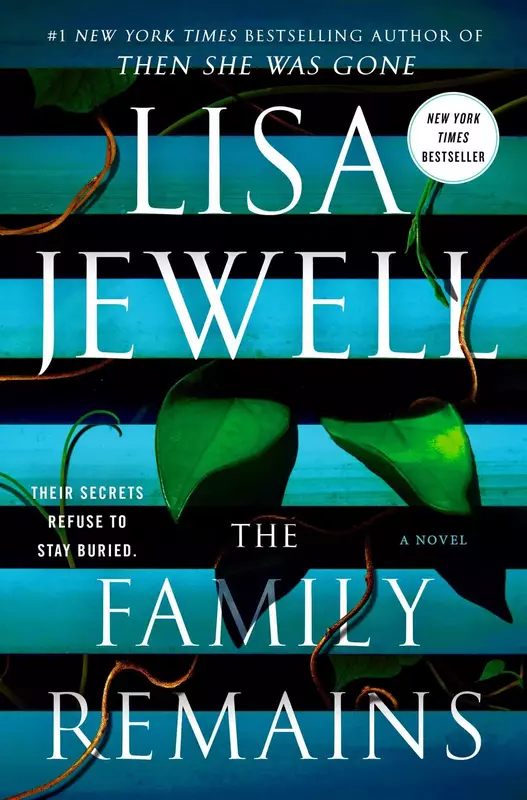This post may contain affiliate links. Read more here.
The Family Remains is the follow-up to Lisa Jewell’s 2019 bestseller, The Family Upstairs.
In this blog post, we will explore the ending of the final chapters of this novel. What happens at the end of the novel? Does it end happily?
I have also linked to book club discussion questions guide for this novel, in case it is your book club pick of the month, and some additional recommendations for other books written by Lisa Jewell. Enjoy!
The Family Remains by Lisa Jewell
Ending Explained | Book Club Questions | Additional Recommendations
The Family Remains Ending Explained
Chapter 66 is an important one in this novel, as it marks the novel’s climax and resolution, centering on Samuel’s visit to Henry’s apartment. This pivotal moment juxtaposes Justin’s suicide note with Henry’s recollections of the truth about Birdie. The contrast plays into the theme of Trauma and Moral Responsibility.
Justin’s note depicts Henry as a victim, taking on guilt for not helping the children escape the Cheyne Walk house in his youth. Justin uses his suicide to shield the adult Henry, attempting to atone for past mistakes. Henry, in turn, grapples with guilt over Justin’s sacrifice, feeling undeserving.
The revelation that Justin died to save him showcases Henry’s compassionate, human side. However, when Henry consciously allows Justin’s version of events to replace his memories, it reveals his readiness to absolve himself of any past actions.
Henry convinces himself that Justin killed Birdie, rewriting the past in his mind, a behavior he exhibited before with his parents’ deaths. This ambiguity invites readers to assess Henry’s character—Is he a victim or a perpetrator?
The novel concludes with themes of connection and empathy, emphasizing The Strength of Family Bonds. Jewell hints at a budding friendship between Lucy and Rachel, who find solidarity in overcoming sexual violence and abuse. Their parallel lives unfold as Lucy admits to stabbing Michael in self-defense, justifying her actions, and Rachel revealing her own traumatic experience with Michael. Their shared bond as vigilantes is solidified.
Additionally, new bonds form as Lucy’s family comes together in her new home, symbolizing a fresh start. Phin’s arrival at Lucy’s house contributes to the Lamb family’s happy ending, reuniting him with his daughter, Libby.
Henry’s confrontation with Phin in Chicago takes an unexpected turn, becoming a cathartic discussion of Secrets and Lies. Contrary to reader expectations of violence stemming from Henry’s peculiar obsession with Phin, the final chapter unfolds as an honest and healing conversation.
For the first time, the reader learns Phin’s truth, revealing that his life isn’t as perfect as Henry believes. Phin acknowledges Henry’s role in their escape from the house as children and explains that his avoidance was motivated by fear of seeing Libby, not Henry, leading to his departure from Botswana.
This conversation offers the closure Phin needs to release his past and establish a connection with his daughter. However, for Henry, the struggle with identity and loneliness resurfaces.
Jewell concludes the novel on a foreboding note as Henry is compelled to adopt a new obsessive imitation—this time, of Kris Doll. While some characters manage to overcome their trauma, Henry remains defined by the harrowing experiences of his childhood.
Happy reading! ❤️
